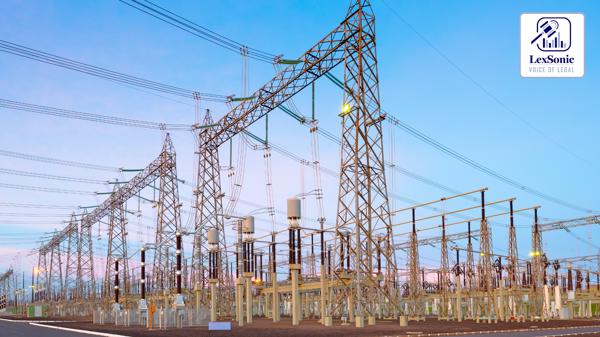Electricity Theft Allegation: High Court Directs Petitioner to Civil Court.
07 July 2025
Electricity Act >> Environmental Law
The Delhi High Court in Rajesh Kumar v/s BSES Rajdhani Power Limited has directed a petitioner, facing a penal demand of Rs. 10,18,596 for alleged electricity theft, to approach a Civil Court for redressal. The petitioner, a registered consumer with a non-domestic electricity connection, had filed a writ petition seeking to quash a speaking order dated December 30, 2024, which imposed the penalty.
The petitioner claimed that their electricity meter emitted smoke and caught fire on June 3, 2024, leading to a complaint and subsequent replacement of the meter by the respondent (BSES Rajdhani Power Limited) on June 6, 2024. The petitioner contended that they were not informed of any further process after the meter replacement.

A key point of contention raised by the petitioner was that the burnt meter was sent for laboratory testing without any intimation or notice to them. The test report, dated October 10, 2024, concluded that the meter was abnormally burnt with damaged seals, leading the respondent to allege intentional burning to destroy evidence of tampering and consequently, electricity theft. The petitioner argued that this unilateral testing, without their presence or opportunity to be heard, violated the principles of natural justice.
The respondent, BSES Rajdhani Power Limited, argued that the writ petition was not maintainable, citing previous court orders (like Neeraj Patlani Versus BSES Yamuna Power Limited and Mohd. Afsar Versus BSES Yamuna Power Limited and Ors.) which held that in cases involving allegations of dishonest abstraction of electricity, an alternative efficacious remedy lies with the Civil Court or Special Electricity Court. The respondent also informed the court that a complaint of electricity theft had already been filed against the petitioner before the Special Electricity Court, with the next hearing scheduled for July 24, 2025.
Considering these submissions, the High Court declined to entertain the writ petition under Article 226 of the Constitution, emphasizing the availability of alternate remedies. To allow the petitioner time to approach the Civil Court, the High Court directed the respondent not to take any action, including disconnection of electricity supply, for a period of two weeks from July 17, 2025.
